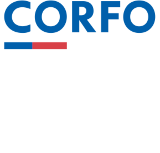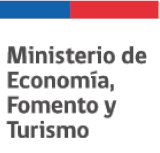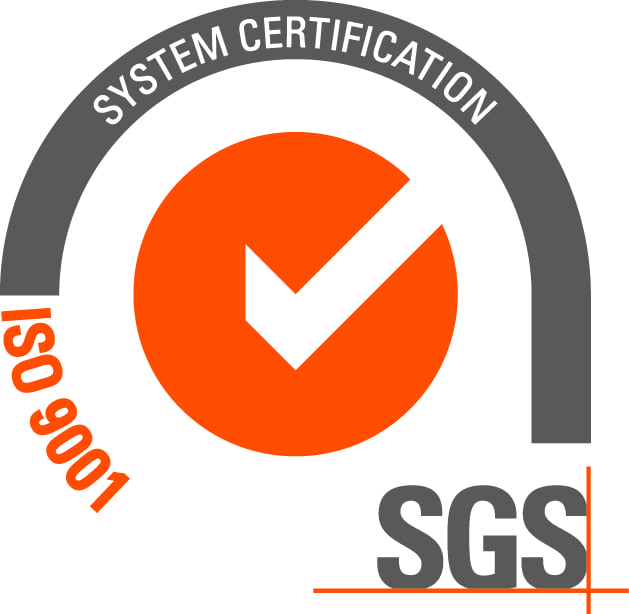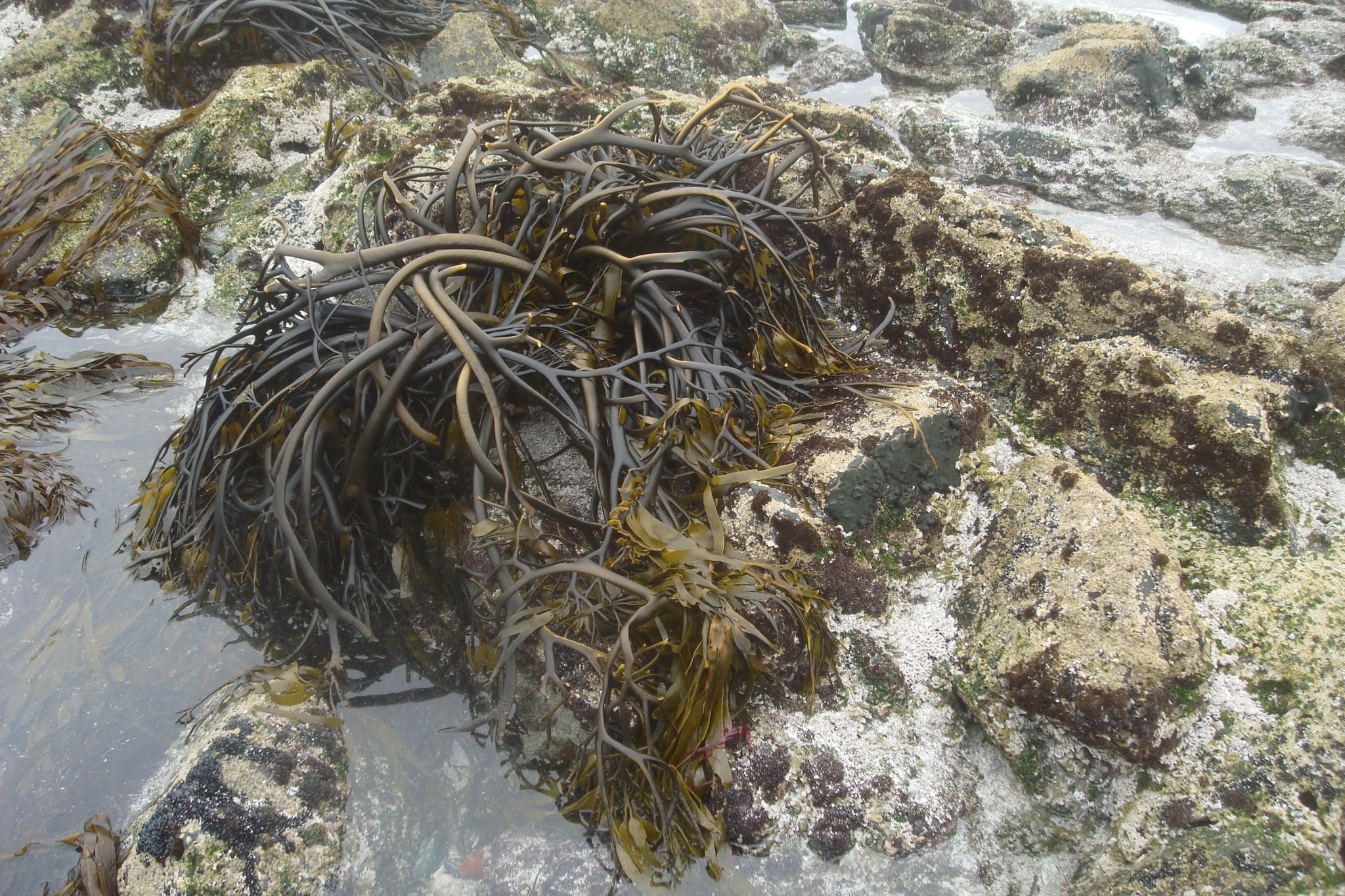
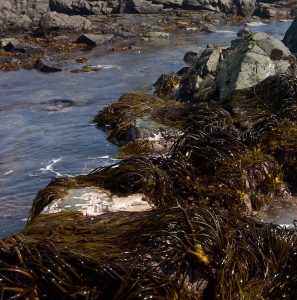
Assistants were professionals related to Fishing Promotion, Fishing Subsecretariat and national experts.
Workshop for Methodological Guidelines on Direct Assessment of main species associated to handling zone’’s regime, Macrocystis spp, Durvillaea antartica, was held in Coquimbo city. This event is considered among activities related to the project “Follow Up Program for Fisheries under Handling Zones Regime 2016” developed by IFOP with the aim of counseling the Fishing and Aquaculture Subsecretariat about Handling Znes and Explotaition of benthic resources AMERB.
Luis Ariz, Chief of IFOP Handling Zones Section, explained that : “this event is inserted in a program of methodological standard proposals for direct evacuation of benthic species that are explotaition objectives for artisan fishermen organization at AMERB. Direct evaluation generate data, information, allowing technical organizations or consultant agencies in charge of handling zones research could estimate abundance in real numbers and biomass in weight of the main species considered. With all of this data it is possible to calculate sustainable catch quotes. However, collected data present problems at the moment of temporal and spatial comparisons, given that technical institutions employ different methodologies of direct assessment, which has implications when you want to evaluate goals of sustainability and conservation in the fishing of benthic resources in management areas. That is why it is necessary to have methodological standards for management areas, ibe ssue that will handled by the Undersecretariat of Fishing and Aquaculture.
This event had the participation of the Department of Fishing and Aquaculture, IFOP, National Service of Fishing and Aquaculture, researchers from the Catholic University of the North and a representative from a consultant, who jointly discuss the methodological aspects, identifying guidelines that aim to improve sampling of Giant Kelp and Durvialleaea Antartica. The aim is to improve generated information quality of these Areas.”
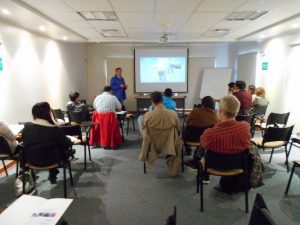
Meanwhile, Denise Boré, IFOP Regional Chief for Atacama and Coquimbo, noted that: “the workshop is relevant in the management plans for AMERB, although algae are part of benthic resources that live in these areas, its importance is fundamental for its structuring role in coastal marine ecosystems; in this sense the standardization of direct assessment methodologies, particularly concerning times of harvest, should be considered not only algae as target species, but also aspects relevant to the survival of other species that inhabit the area of managing and using the seaweed as protection or food”.
Also, Alonso Vega, Marine Biologist, PhD in Biology and Applied Ecology, researcher at the Catholic University of the North, with vast experience in knowledge generation, biology and ecology of marine algae, very useful information for management and conservation of coastal resources, noted the following: “in particular, it took about 15 years studying the dynamics of populations of Brown algae and their associated communities , the effect of the exploitation, as well as of different anthropogenic disturbances (e.g., mining waste) and natural (e.g., El Niño event). It is in this context my interest in participating in the workshop, it was to discuss the methodological guidelines for the direct assessment of Macrocystis spp. and Durvillaea Antarctica and reaching agreements, unifying criteria, which will facilitate the comparison of biological and fishing data in a transversal way. e.g. Comparing abundance among meadows; or longitudinally monitoring temporarily one or several meadows exploited at the same time. This information is relevant to propose, validate, or correct actions implemented in the management (e.g., closed seasons, quotas) plans “.”


